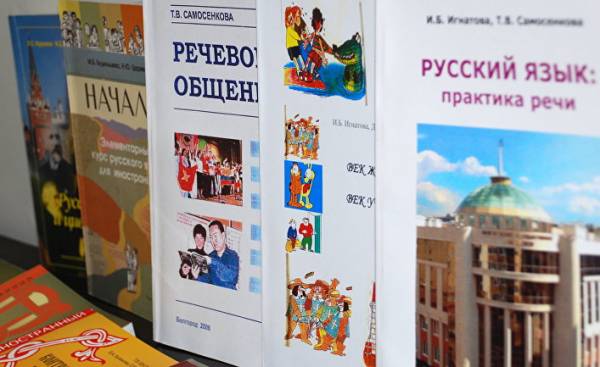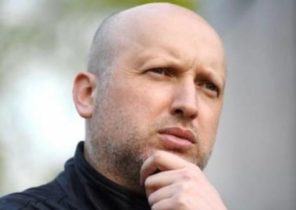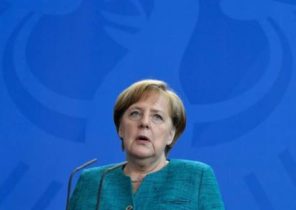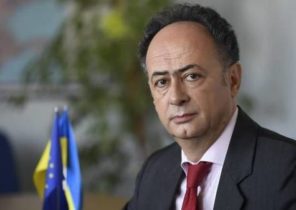
In Tajikistan banned to give children the names of Slavic origin. The Kazakhs want to abandon the Cyrillic alphabet and switch to the Latin alphabet. Most likely, within the next ten years the Russian language will leave the top ten most spoken languages in the world.
From now on, the name Ivan Hodge Rahmon Tajik will not be in the phone book, because, firstly, among the three thousand approved names Ivan doesn’t appear any more, and secondly, the Tajik authorities have banned all sorts of additions to names like Khalifa, Khoja and of moulleau. The Persian leadership of this former Soviet Republic is allegedly seeking to revive their own culture and get rid of foreign elements and influence of Russification.
Another blow to the Russian language struck last week Kazakhstan President Nursultan Nazarbayev said that we need to prepare for the transition from Cyrillic to Latin. When romanization of the Kazakh language linguists will take advantage of the experience of Uzbekistan and Azerbaijan are countries that have already taken this step.
Over the last 25 years the Russian language lost its position in the world than any other language. If English is successfully spreading in a traditional Russian environment, Russian speakers getting smaller. And the Outlook is not promising, although the Kremlin headed by President Vladimir Putin comes up with a program to promote the Russian language abroad. However, while these measures do not help Russian language, being the language of communication for almost three hundred million people that are fluent in them 25 years ago.
For example, in Kazakhstan, which still uses the Cyrillic alphabet, it is easier for citizens to learn Russian — today it is spoken by about 20% of the population. And 15 years ago Russian language was native for more than one-third of the citizens of this country.
Gradually and Ukraine is getting less than those who speak Russian at home, except the Donbas and Crimea occupied by Russians. In 1994, a Russian considered themselves 33% of citizens of Ukraine, and now — 24%.
The only post-Soviet Republic, where Russian language thrives, is Belarus. There are number of people who even swear at home in Russian, increasing since 1994. This is because immediately after the collapse of the Soviet Union Belarus became king of national euphoria, and the return to the Belarusian tradition became a political program. Under President Alexander Lukashenko, who saw the future of the country in Alliance with Russia, the Belarusian language is again out of use. Today Russian language is native for themselves five times more Belarusians than 23 years ago.
And Bengali will tell more people
However, the Russian language remains an important tool of communication in the post-Soviet space, including in business. One way or another, but the Kirghiz Tajik, and Azerbaijani Estonians would rather negotiate in Russian than in English. Gradually, however, this situation is rooted in the past. For example, in Georgia, young people are more inclined to the English than to Russian, and in the future there will be difficult to speak Russian even in the restaurant. But in neighboring Armenia, which is much more tied to Russia economically and politically, on the contrary, the position of the Russian language is very strong.
When you look at the geopolitical map, it becomes clear that in countries that do not support close ties with Russia, such as Ukraine, Georgia and Baltic countries, Russian language is rejected. So sometimes it comes to the point of absurdity: when Russia as a state expands and occupies, for example, the Ukrainian Crimea and Georgia’s South Ossetia, and the Russian language goes on the offensive on many fronts, in particular, cultural, scientific and commercial. According to experts, it is expected that in 2025 the number speakers of Russian language definitely will surpass languages such as Bengali and Portuguese.







